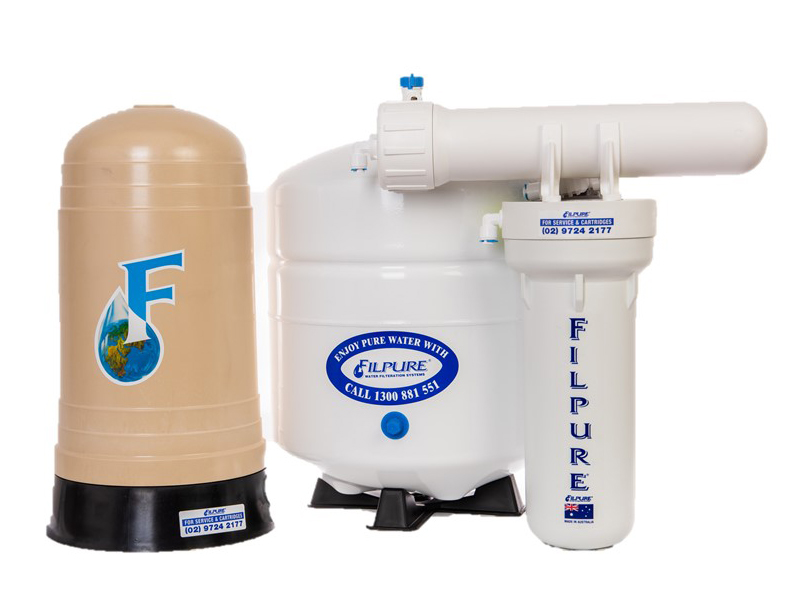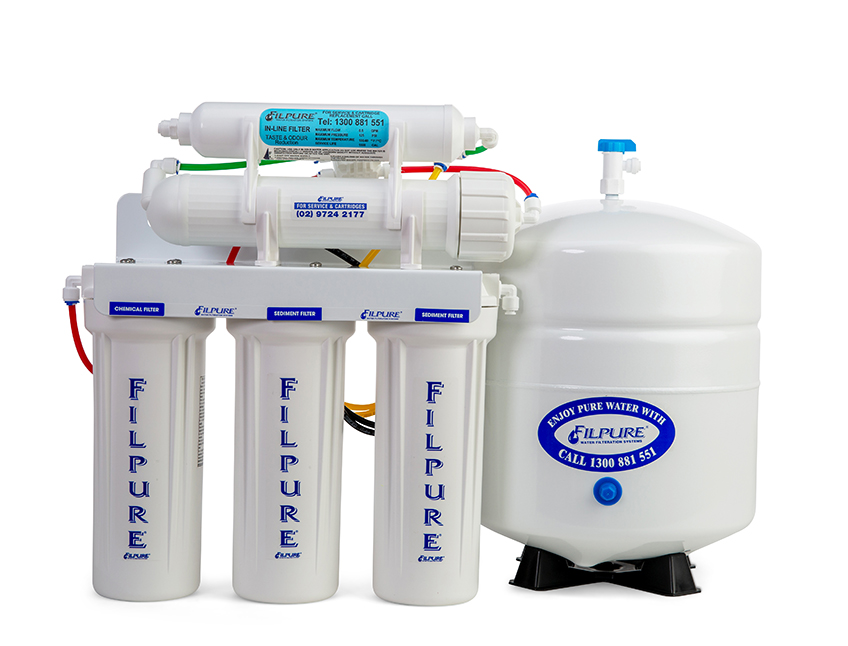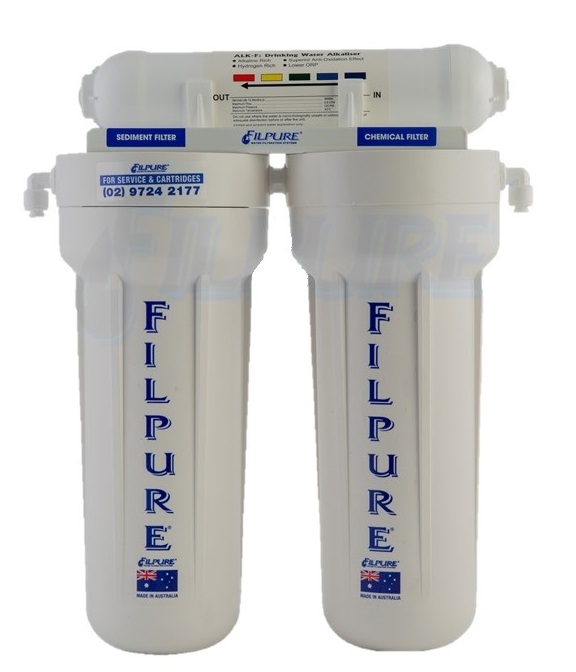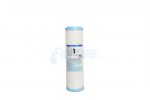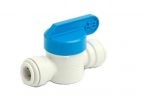
Should You Worry About Arsenic in Water?
Arsenic contamination in water is a concern that has gained attention in recent years, prompting many individuals in Sydney to question the safety of their drinking water. Arsenic is a naturally occurring element found in the Earth’s crust and its presence in water sources can pose health risks if consumed in high concentrations. While the level of arsenic in Sydney’s water supply is typically within acceptable limits set by regulatory authorities, it is still essential for residents to understand the potential risks and the available measures to mitigate them.
Understanding the Risks of Arsenic in Water
Exposure to high levels of arsenic in drinking water has been linked to various health problems, including:
Cancer Risk: Long-term exposure to elevated levels of arsenic has been associated with an increased risk of certain cancers, including skin, lung, bladder and kidney cancer.
Cardiovascular Issues: Arsenic exposure may contribute to cardiovascular problems such as high blood pressure, heart disease and stroke.
Skin Lesions: Consuming water contaminated with arsenic can lead to the development of skin lesions, discoloration and other dermatological issues.
Neurological Effects: Chronic arsenic exposure has been linked to neurological disorders, cognitive impairment and developmental delays in children.
While the levels of arsenic in Sydney’s drinking water are generally low and within regulatory limits, individuals with private wells or those living in areas with known arsenic contamination may face higher risks. In such cases, taking proactive measures to reduce arsenic exposure is crucial for safeguarding health and well-being.
The Role of Water Filters in Arsenic Removal
Water filters, particularly reverse osmosis (RO) systems, can provide an additional layer of protection against arsenic exposure by effectively removing this contaminant from drinking water. Reverse osmosis works by forcing water through a semipermeable membrane, which traps contaminants like arsenic, heavy metals and other impurities, leaving behind clean and pure drinking water.
Benefits of Reverse Osmosis Systems
High Efficiency: Reverse osmosis systems are highly effective at removing arsenic and other contaminants, ensuring that drinking water meets safety standards.
Comprehensive Filtration: In addition to arsenic, RO systems can also remove other impurities such as bacteria, viruses, pesticides and chlorine, providing comprehensive filtration for clean and healthy drinking water.
Peace of Mind: Installing a reverse osmosis system can provide peace of mind to individuals concerned about arsenic contamination in their water supply. By removing arsenic and other harmful substances, RO systems help ensure that drinking water is safe and suitable for consumption.
While arsenic contamination in Sydney’s water supply may not be a significant cause for concern for most residents, individuals with private wells or those living in areas with known contamination should take proactive steps to protect themselves and their families. Investing in a water filter, especially a reverse osmosis system, can provide an added layer of protection against arsenic exposure, offering peace of mind and ensuring access to clean and safe drinking water.


